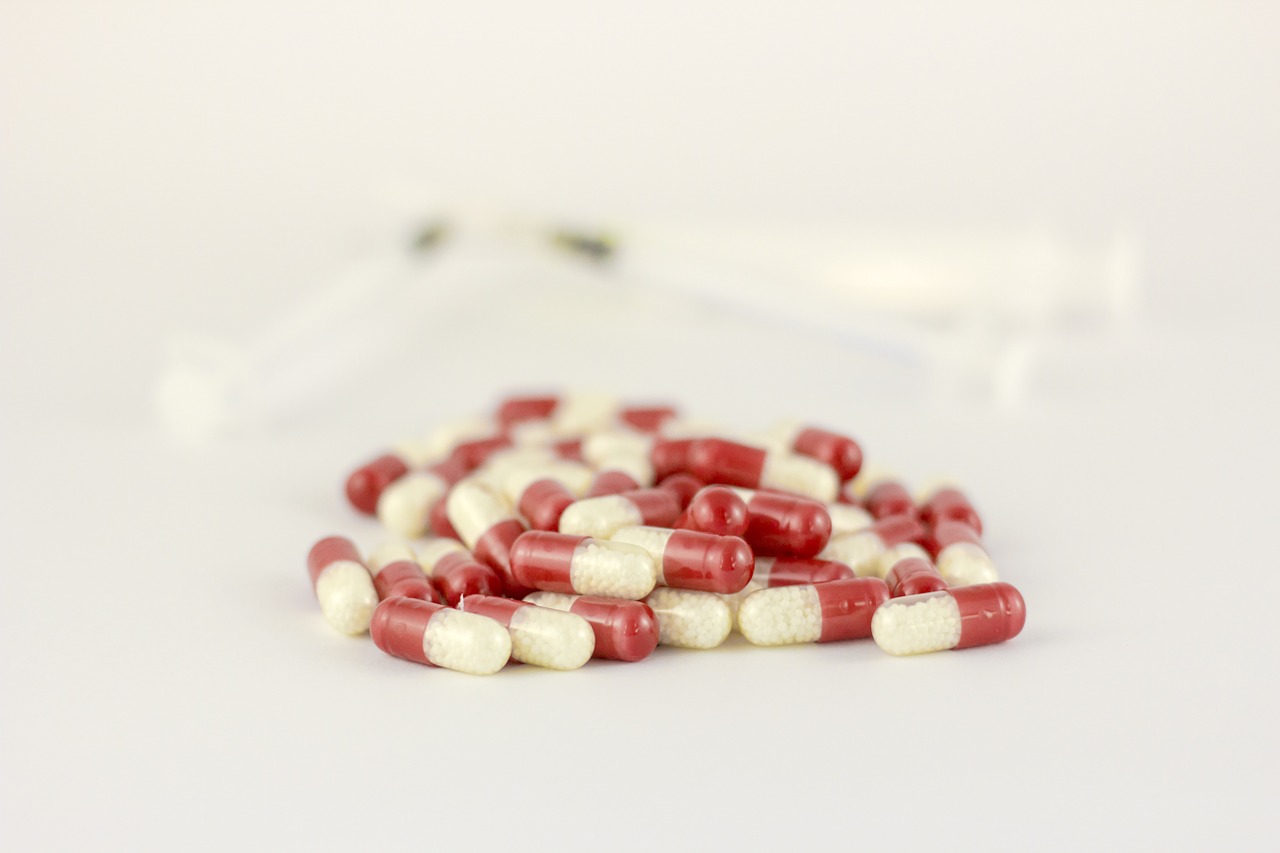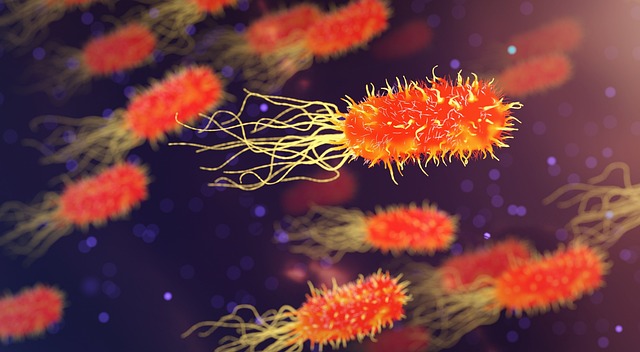Podcast: Play in new window | Download (Duration: 24:05 — 11.0MB) | Embed
Welcome back to the Real Life Pharmacology podcast! We are on the home stretch of the top 200 medications. This is meant to be a quicker refresher of some of the most important drugs you’ll come across in practice. Please be sure to go search the archives at RealLifePharmacology.com if you are looking for more information on one specific medication. We have over 300 individual episodes on specific drugs!
On this episode of the Top 200 medications, we’ve covered the medications below.
Niaspan (niacin) is vitamin B3 and may be used in patients who fail other therapies for triglyceride management.
Uroxatral (alfuzosin) is a selective alpha-blocker that can be helpful in relieving urinary retention symptoms in BPH.
Biaxin (clarithromycin) is a macrolide antibiotic that is notorious for many drug interactions because it inhibits CYP3A4.
Zomig (zolmitriptan) is a “triptan” medication that can be used for the acute relief of migraine headaches.
Invokana (canagliflozin) was one of the first SGLT2 inhibitors invented that can be used to lower blood sugar in type 2 diabetes.
Be sure to check out our free Top 200 study guide – a 31 page PDF that is yours for FREE!
Support The Podcast and Check Out These Amazing Resources!
Meded101 Guide to Nursing Pharmacology (Amazon Highly Rated)
Guide to Drug Food Interactions (Amazon Best Seller)



